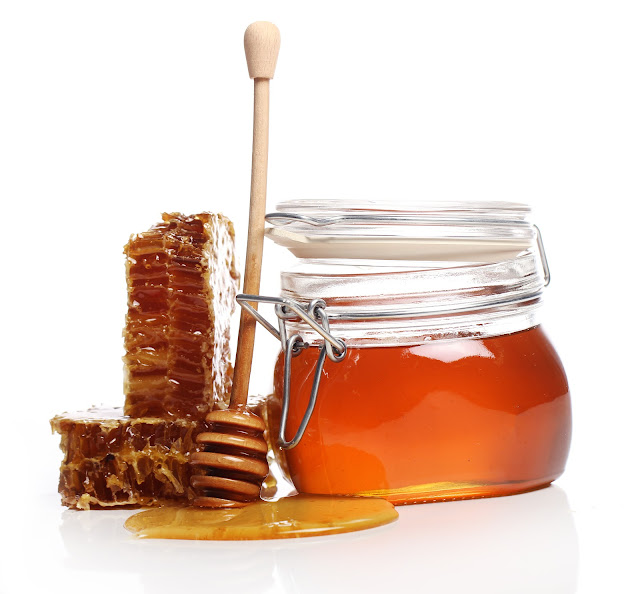Introduction
Honey, often hailed as a natural sweetener and a symbol of nature's sweetness, comes in various forms. While most of us are familiar with the honey found on supermarket shelves, there's another type that's gaining attention - wild honey. In this article, we will explore wild honey, how it differs from regular honey, and what makes it unique.
Defining Wild Honey
Origin and Source: Explain that wild honey is produced by bees from nectar collected from wildflowers and other naturally occurring sources, as opposed to cultivated crops.
Foraging Habits: Describe how bees that produce wild honey forage in diverse and untouched environments, leading to a distinct flavor profile.
Differences Between Wild Honey and Regular Honey
Flavor and Aroma: Discuss the complex and unique flavors of wild honey, which are influenced by the varied flora the bees visit.
Color Variations: Explain how wild honey's color can range from light amber to dark brown, depending on the source of nectar.
Texture and Crystallization: Compare the texture of Wild Honey to that of regular honey and explain how crystallization may occur differently.
Nutritional Variations: Highlight potential differences in nutritional content, including antioxidants and micronutrients.
Harvesting and Production Methods
Beekeeping Practices: Explore how wild honey is typically harvested in less invasive ways compared to commercial beekeeping practices.
Minimal Processing: Emphasize that wild honey is often minimally processed, preserving its natural characteristics.
Health Benefits and Uses
Unique Nutritional Profile: Discuss the potential health benefits of wild honey, such as its rich antioxidant content and potential allergy relief properties.
Culinary Uses: Share how wild honey's distinct flavors make it a sought-after ingredient in gourmet cooking and baking.
Sustainability and Conservation
Ecological Impact: Explain the importance of protecting wild honeybee populations and their habitats for biodiversity and pollination.
Challenges: Highlight the challenges facing wild honeybee populations due to habitat loss and climate change.
Cultural Significance
Traditional and Indigenous Uses: Explore how different cultures have valued and used wild honey throughout history.
Spiritual and Medicinal Beliefs: Discuss the spiritual and Unani Medicines significance attributed to wild honey in some cultures.
Conclusion
Wild honey, born of nature's untouched beauty, offers a taste of the wilderness with its unique flavors, colors, and textures. While it may differ from regular honey in many ways, both have merits and uses. Whether you're an adventurous foodie looking for a new culinary experience or a nature enthusiast keen on preserving the environment, wild honey is a sweet journey worth exploring.


Comments
Post a Comment